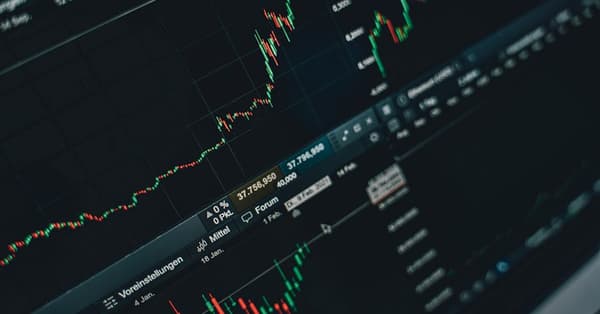Ethereum vs BSC: Which is Winning the Crypto Race?
Discover how Ethereum and Binance Smart Chain are shaping the DeFi landscape in 2023. Which platform will take the lead in gas fees and NFT growth?
The current landscape of cryptocurrencies is dominated by two major players: Ethereum and Binance Smart Chain (BSC). As of October 2023, Ethereum remains the leading platform for decentralized finance (DeFi) with a market cap of approximately $220 billion, while BSC has gained significant traction, currently holding about $44 billion. The rise of NFTs, which saw a staggering 340% increase in transactions in Q3 2023, further emphasizes the need for efficient blockchain solutions.
Understanding gas fees and transaction speed is crucial for users and developers alike. High gas fees can deter users from diving into DeFi or NFT transactions, while slow transaction speeds can lead to missed opportunities. This article digs into the distinctions between BSC and Ethereum regarding these essential metrics, providing insights that will help you make an informed decision based on your needs.

Expect in-depth analysis, strategic insights, and actionable advice related to gas fees and transaction speeds on both platforms.
🎯 KEY INSIGHT
As of October 2023, Ethereum's average gas fee stands at $19.34 per transaction, while BSC boasts an average of just $0.85.

Ethereum, launched in 2015, revolutionized the blockchain landscape by introducing smart contracts. It enables developers to create decentralized applications (dApps) that function without intermediaries. Ethereum's ongoing upgrades, including the much-anticipated transition to Ethereum 2.0, aim to enhance scalability and user experience.
Launched in September 2020, Binance Smart Chain (BSC) was designed to provide a faster and cheaper alternative for developers and users. Its objectives include achieving compatibility with Ethereum, making it easier for users to transition between the two platforms. BSC has witnessed a surge in activity, especially in the DeFi and NFT sectors.

Gas fees are payments made by users to compensate for the computational energy required to process transactions on the blockchain. They can vary significantly between BSC and Ethereum, impacting your experience whether you're trading, investing, or participating in DeFi activities. Understanding these fees is essential if you want to optimize your transactions and avoid unexpected costs.
Tags:
Ready to Make Profitable Crypto Calls?
Check out our proven track record on the leaderboard
View Leaderboard →Related Posts
Unlocking DeFi Farming on BSC: Strategies for Success
Explore the booming DeFi farming landscape on Binance Smart Chain. Discover strategies to maximize yields while managing risks like impermanent loss.
Why BSC's 20% Surge Signals the Future of Cross-Chain Trading
Discover how BSC's recent growth is reshaping the DeFi landscape and what it means for cross-chain trading opportunities. Dive in and get ahead of the game!
Why Meme Coins Are Booming on BSC in 2023
The meme coin market is thriving! Discover the reasons behind BSC's popularity and which coins are capturing traders' attention this Q3.
Unlocking Binance Smart Chain: A Beginner's Guide for 2025
Ready to dive into Binance Smart Chain? This guide covers everything you need to know about its booming ecosystem and how to navigate it in 2025.
Understanding the Rise of Meme Coins in 2023
Dive into the latest trends in meme coins like BONK and PEPE, and explore how macroeconomic factors impact your crypto trading strategies.
Unlocking Arbitrage: BSC Flashloan Strategies Revealed
Discover how to leverage BSC flashloans for lucrative arbitrage opportunities in today's booming crypto market. Ready to enhance your trading game?